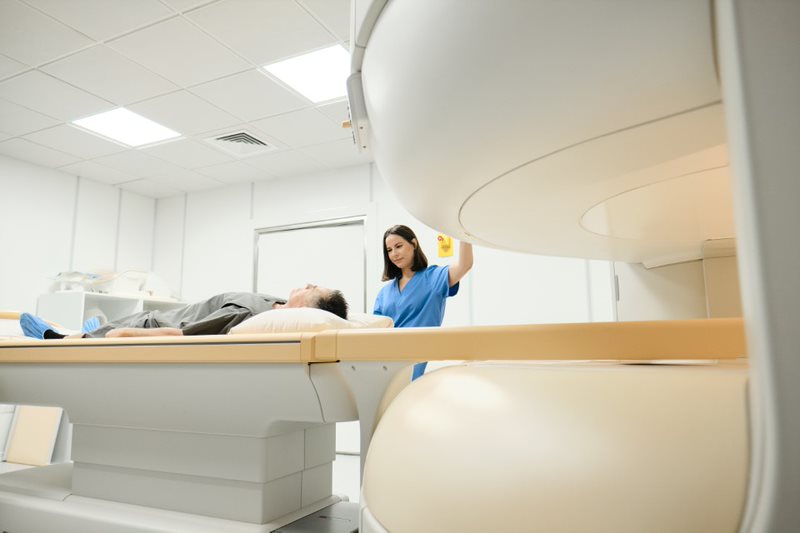New Technology could Increase the Risk of Misdiagnosis in Breast Cancer Patients
When we hear of technological advances in the field of medicine, we automatically assume that the improved devices will enable us to better identify and treat diseases. According to a recent study by Susan G. Komen for the Cure, however, new breast cancer diagnostic techniques could actually increase the risk of misdiagnosis.
That is because new mammogram technology is so sensitive that doctors are now able to detect smaller and smaller lesions. Some of those lesions are not necessarily cancerous – but a misidentification could leave a woman facing difficult cancer treatments and severe emotional trauma.
According to the study by Susan G. Komen for the Cure, up to four percent of all breast cancer patients are misdiagnosed. Misdiagnosis means a number of awful things for women – the terror of the initial diagnosis, the endless doctor visits, the fear about the future, the possibility of chemotherapy or surgery. All of these things stuck on top of the extreme disruption to the patient’s life, including missed work and missed opportunities for the patient to do the things she loves.
No one regrets hearing that they do not have breast cancer. But after a misdiagnosis has been made clear, it is normal to start wondering about the financial and emotional toll that the error had upon your life. In the wake of a misdiagnosis, you may even be facing heavy medical bills associated with the unnecessary treatment you received.
In these situations, a medical malpractice lawsuit can effectively compensate for many of the losses suffered as the result of a misdiagnosis. Common damages considered include medical bills, lost wages, pain and suffering and emotional distress.
If you or a loved one was wrongfully diagnosed with an illness, the Robert Greening at GreeningLaw, P.C., can help you take legal action against the medical institutions responsible. To schedule a consultation at our Dallas law office, contact him online or call 972-934-8900.





